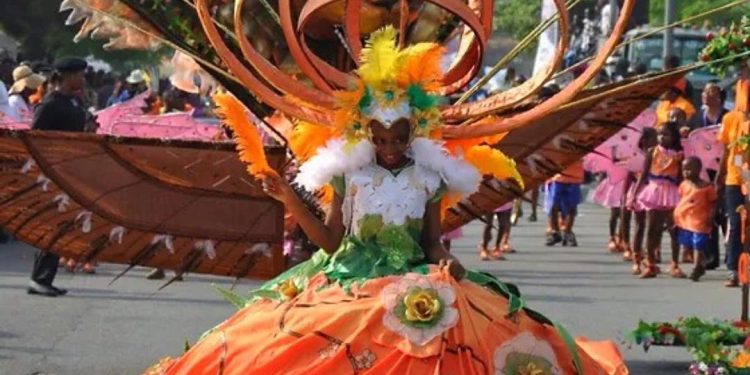Nigeria, a land of diverse cultures and traditions, boasts a multitude of festivals that celebrate its rich heritage. One of the most dazzling and captivating of these is the Calabar Festival, a month-long extravaganza held annually in the city of Calabar, Cross River State. This vibrant celebration is a testament to Nigeria’s cultural wealth and its ability to fuse tradition with modernity. In this blog, we will dive into the heart of the Calabar Festival, exploring its history, key events, and the indelible mark it has left on Nigerian culture.
The Origins of the Calabar Festival
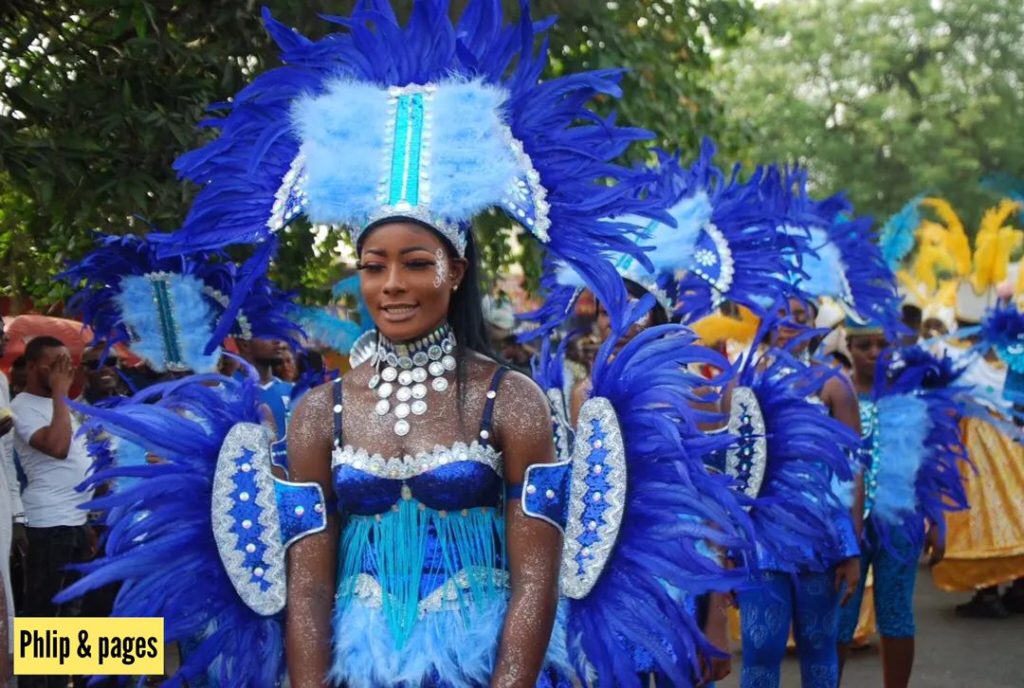
The Calabar Festival, often referred to as Africa’s biggest street party, traces its roots back to the colonial era when Calabar was a prominent center of trade and commerce. The festival itself, however, emerged in the early 2000s as a deliberate effort by the Cross River State government to promote tourism and preserve the cultural heritage of the region.
Key Events and Highlights
Carnival Calabar: The centerpiece of the festival, Carnival Calabar, is a grand procession featuring elaborate floats, vibrant costumes, and mesmerizing dance performances. Participants from various communities, as well as international guests, come together to create a kaleidoscope of colors and cultures.
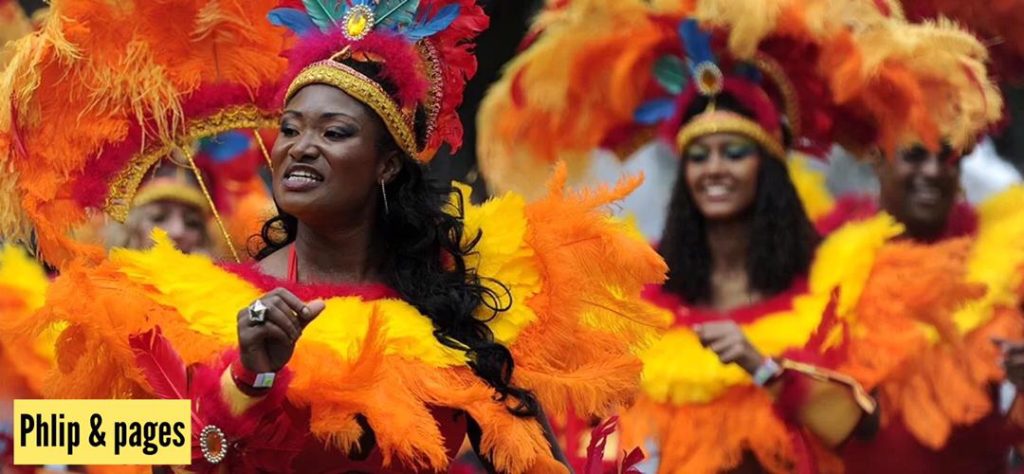
Ekpe Festival: This event pays homage to the traditional Ekpe society of the Efik people. It showcases their masked performances, music, and rituals, providing a glimpse into the region’s indigenous traditions.
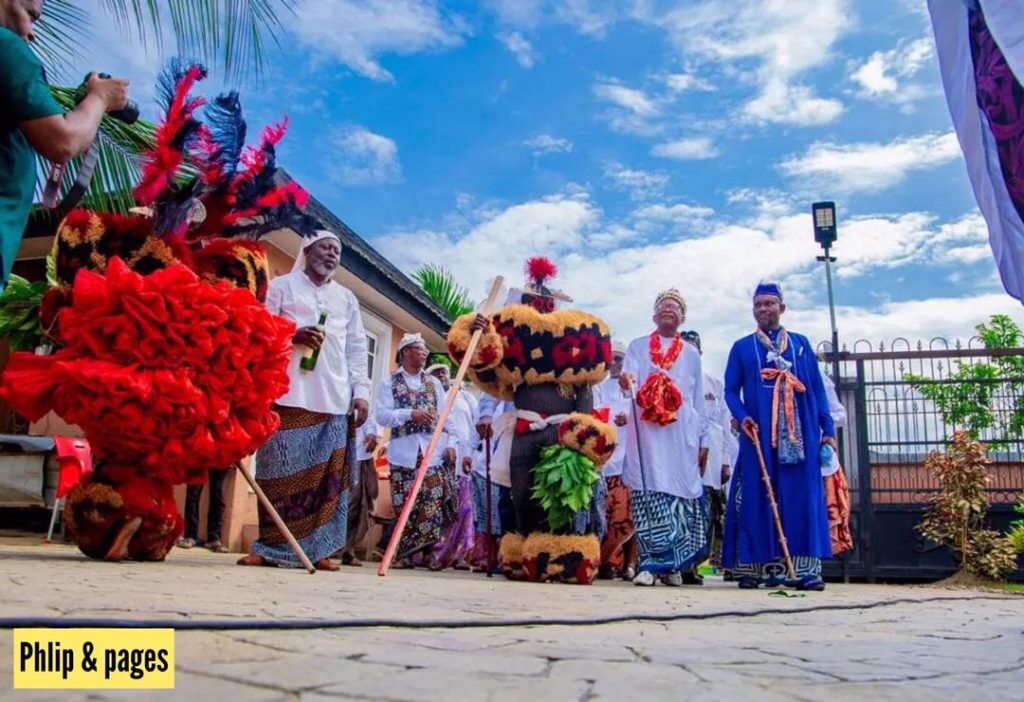
Traditional Boat Regatta: A celebration of Calabar’s maritime history, this event features a spectacular boat race on the Calabar River. The colorful boats, adorned with traditional motifs, compete in a thrilling display of skill and coordination.
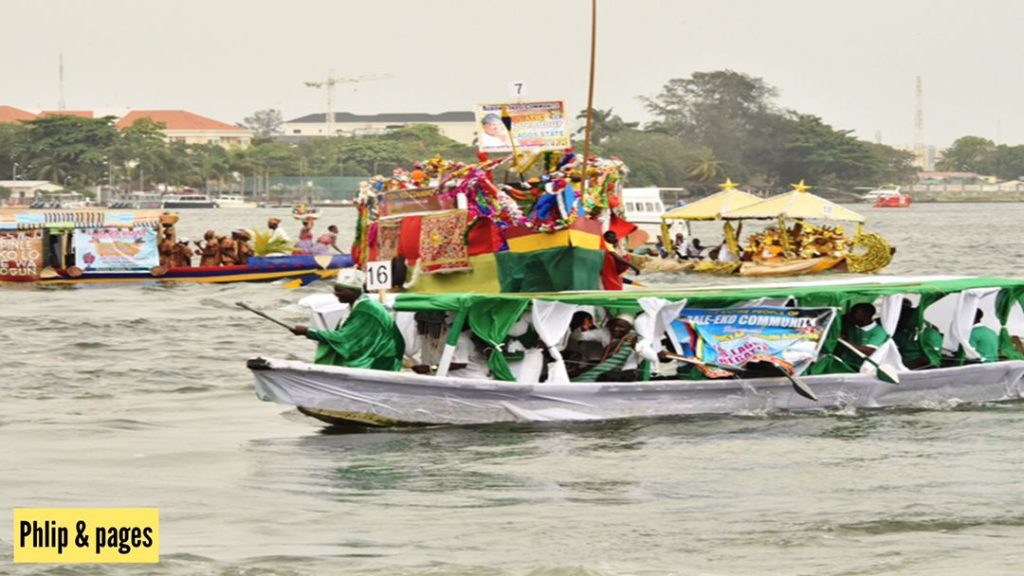
Ekpe Masquerades: Traditional Ekpe masquerades, known as “Leboku,” take center stage in this cultural display. These masked performers entertain and educate the audience about the history and customs of the Efik people.
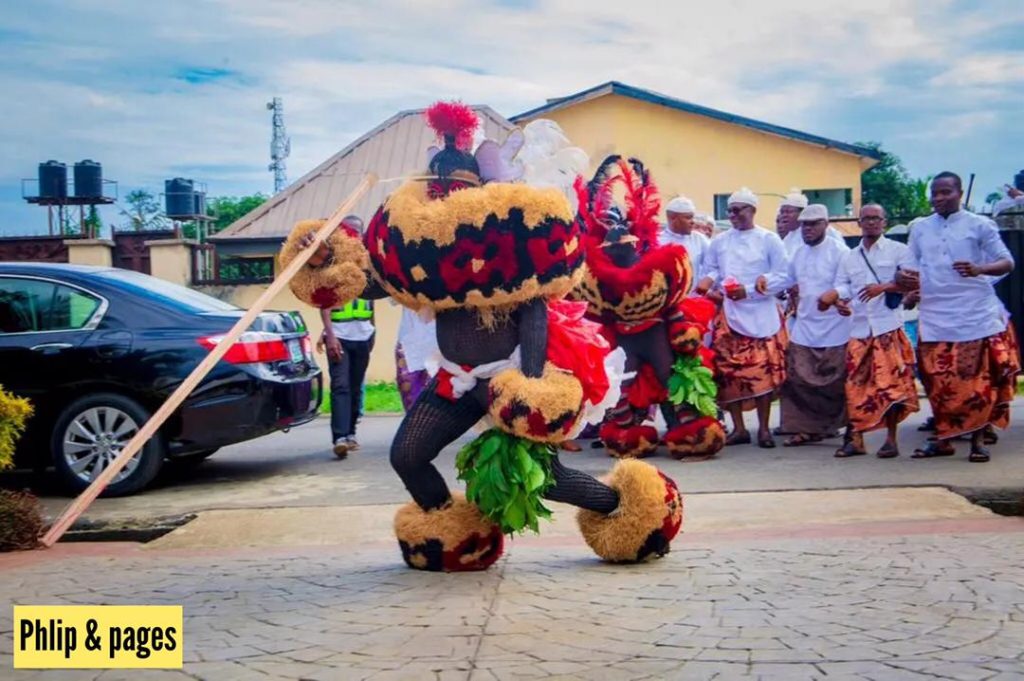
Fashion Shows: The festival also serves as a platform for emerging Nigerian designers to showcase their talent. Fashion shows highlight the fusion of traditional African attire with contemporary styles, reflecting the ever-evolving nature of Nigerian fashion.
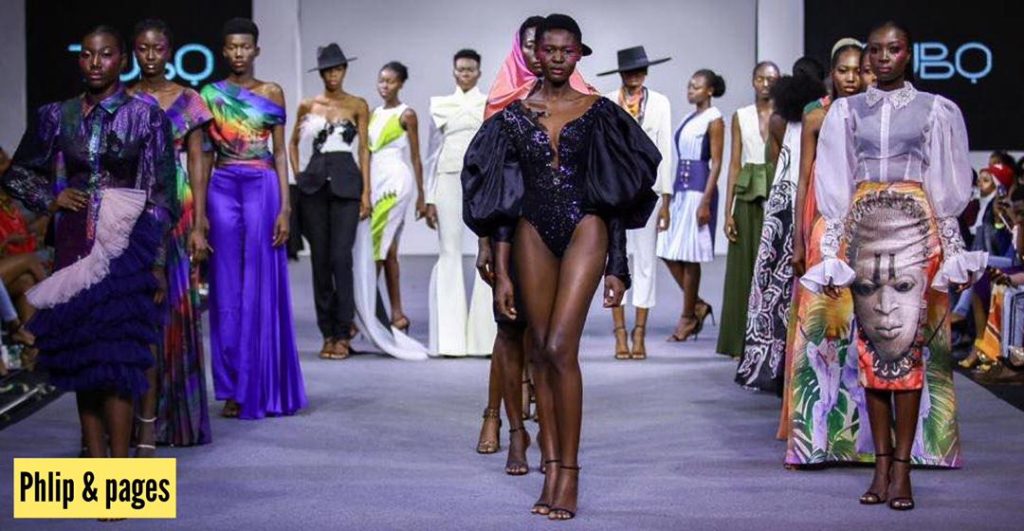
Impact on Nigerian Culture and Tourism
The Calabar Festival has had a profound impact on both Nigerian culture and tourism. It has become a symbol of unity and diversity, bringing together people from all walks of life to celebrate their shared heritage. The festival has also significantly boosted tourism in the region, attracting visitors from across Nigeria and around the world.
The Calabar Festival serves as a reminder of the importance of preserving and celebrating cultural diversity in a rapidly changing world. It demonstrates that traditions can be both a source of pride and a bridge to the future. As Nigeria continues to evolve, events like the Calabar Festival remind us of the importance of staying connected to our roots.
Conclusion
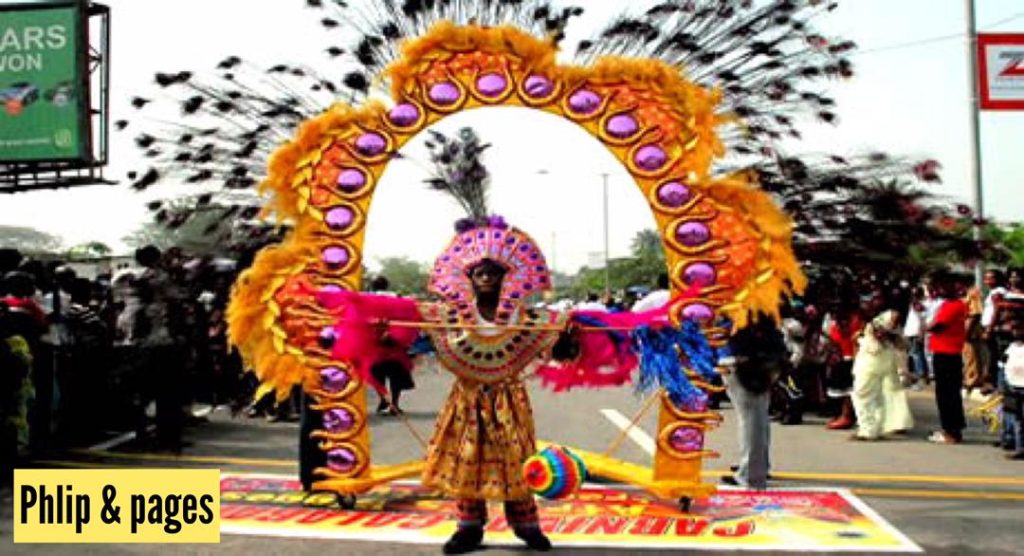
The Calabar Festival stands as a shining example of how a celebration of culture can evolve and thrive in the modern world. It has grown from a local event to a global spectacle, attracting visitors and attention from around the world. This vibrant tapestry of color, music, and tradition continues to enrich the cultural landscape of Nigeria, leaving an indelible mark on the hearts of those who experience it. In the spirit of unity and diversity, the Calabar Festival remains a testament to the beauty of Nigeria’s cultural mosaic.


